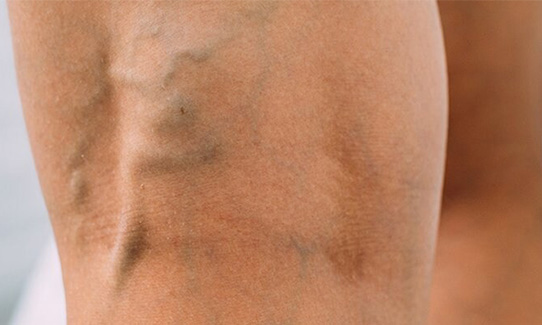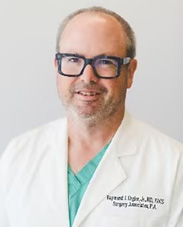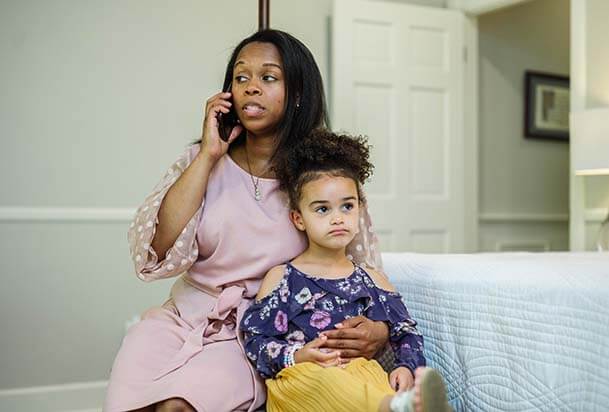



Summary
Varicose veins are more than just a nagging consequence of aging. This serious health risk can lead to chronic wounds and debility.
Varicose veins affect up to 25 million Americans, which is more than common problems like coronary artery disease. Unfortunately, this serious issue does not get as much press or concern from health care providers as other diseases.
Varicose veins are often thought of as a nagging consequence of the aging process. Patients and physicians often overlook this disease because they think that treatments are limited. In actuality, it is a serious health risk that can lead to chronic wounds and debility that accounts for a huge loss of work and cost.
Causes
Varicose veins are swollen, twisted and sometimes painful veins that have filled with an abnormal collection of blood. Varicose veins can be caused by defective valves from birth, pregnancy, thrombophlebitis and prolonged standing. Symptoms of varicose veins include fullness in the legs, aching in the legs, visible veins, swelling, discoloration of the skin at the ankle, and even skin ulcers at the ankle.
Diagnosis
The diagnosis of varicose veins is made by the appearance of the leg veins while standing and by ultrasound of the legs. The ultrasound looks at blood flow in the veins, particularly the valves in the lower leg. These valves become incompetent in the leg, leading to pooling of blood, which gives the varicose veins their classic appearance of unsightly engorged or “ropey” veins on the leg. The ultrasound is also used to rule out blood clots in the main veins in the legs known as a Deep Venous Thrombosis (DVT).
Complications
Most varicose veins are relatively benign, but varicosities can lead to major complications and lost work time. Complications include severe bleeding from minor trauma, loss of work from pain and heaviness in the leg, superficial thrombophlebitis, skin dermatitis, and even skin ulcers which are very costly and hard to treat.
Treatment
Treatment includes decreasing gravity’s effect on the veins in the lower legs, including avoiding standing for too long, raising the legs while resting or sleeping, and wearing compression stockings. Further treatment by a surgeon includes sclerotherapy, vein stripping, ambulatory phlebectomy, or endovenous thermal ablation with laser or radiofrequency ablation of the vein.
Sclerotherapy is a non-surgical treatment for varicose veins in which medicine is directly injected into the varicose veins to cause them to sclerose or scar. Phlebectomy is a procedure performed in the operating room or office in which small incisions are made to remove the varicose veins. Vein stripping is a procedure in which the saphenous vein is removed in the operating room with two incisions.
Endovenous thermal ablation is an office-based procedure which does not require a trip to the operating room. The vein is treated with small catheters and an energy device to seal the vein, so this pathologic vein is closed, rerouting the blood to healthy veins.
We Can Help
If varicose veins are becoming a problem in your life, talk to your health care provider. He or she may feel that a consultation with a vein specialist may be in order.


Raymond Orgler, MD
Dr. Orgler is a surgeon at Surgery Associates and the Vein Center. He graduated with honors from the University of Mississippi School of Medicine. He completed a surgery internship and residency at the University of Arkansas for Medical Sciences and began practicing in 2002. He is certified by the American Board of Surgery and is a Fellow of the American College of Surgeons. His expertise and special interest is in all facets of general, breast, colorectal, hernia, venous, robotic and laparoscopic surgery.
Varicose veins can pose a serious health risk. Take the self-assessment to see if you qualify for a free screening ultrasound.

Subscribe to Our Newsletter
Like this content and want to get more? Sign up for True North, the health and wellness newsletter from North Mississippi Health Services!

Subscribe to Our Newsletter
Like this content and want to get more? Sign up for True North, the health and wellness newsletter from North Mississippi Health Services!

Nurse Link®
Call 1-800-882-6274 anytime to speak directly to a registered nurse and get immediate answers. Using computerized medical protocols, nurses direct callers to the most appropriate medical treatment. Our nurses are available 24 hours per day, seven days per week.